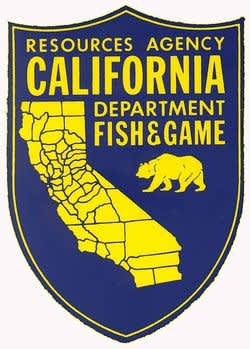California DFG Reminds People to Leave Bear Cubs Alone

The California Department of Fish and Game (DFG) is reminding people who see bear cubs to leave them alone. Even if they appear orphaned, the most appropriate thing to do is to leave them in the wild.
Throughout the year, sows teach their young to gather food and eat what is available in their natural habitats. By fall, cubs can survive even if they are completely separated from her.
“Sows normally wean their cubs around the beginning of August,”
said DFG Statewide Bear Program Coordinator Marc Kenyon. “Depending on the sow’s parenting ability, these cubs have already learned how to fend for themselves. Plus, bears of this age are extremely resourceful, making their chances of surviving on their own relatively good.”
Approximately 40 percent of bear cubs die in their first year. Those that survive are driven off by their mothers at approximately 18 months of age.
By Aug. 1, California’s black bear cubs are roughly 5 months of age.
Research and DFG’s experience over the decades indicates that while orphaned cub survival is lower than that of cubs with sows, cubs this age can survive on their own.
The DFG’s policy regarding orphaned cubs favors leaving them alone unless they are obviously sick or in dire need of assistance. The DFG assesses cubs on a case-by-case basis for diseases, parasites, overall condition and human habituation.
The alternatives to leaving a cub in the wild are limited, and include temporarily holding a cub in a captive facility until winter sets in, placing it in a long-term captive facility such as a zoo, or euthanasia.
Reducing wildlife to captivity is inconsistent with the DFG’s goal to keeping wildlife in the wild, where they can behave naturally.
With approximately 30,000 black bears in the state, encounters between people and bears are becoming more commonplace. In order to keep bears in the wild, where they belong, it is important that residents and visitors in black bear habitat stash their food and trash properly.
Feeding wildlife is harmful to wild animals and illegal.

